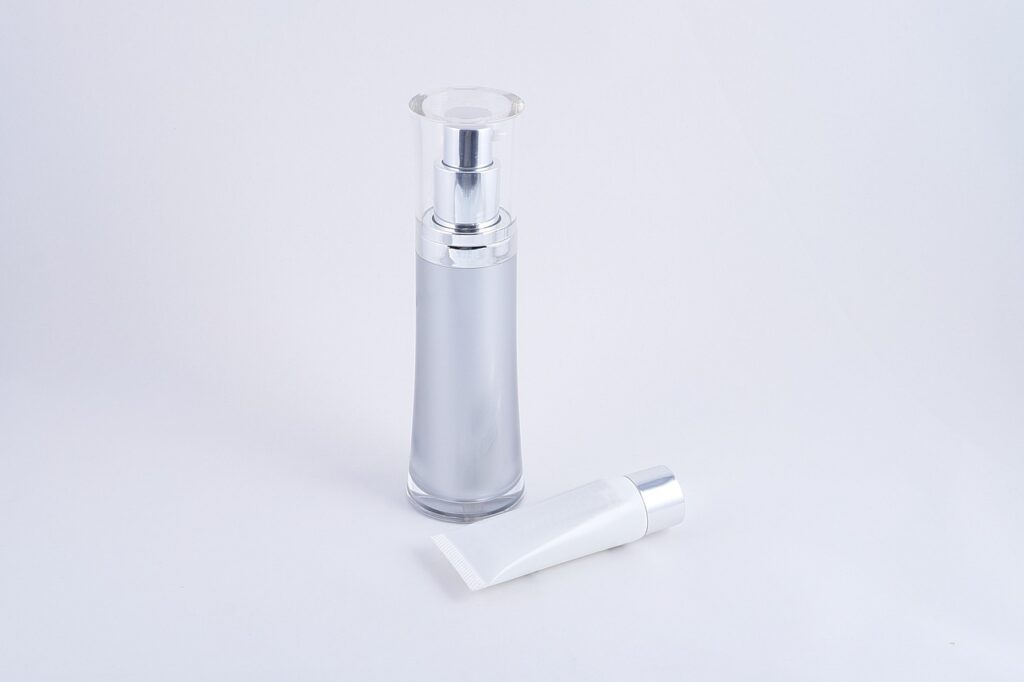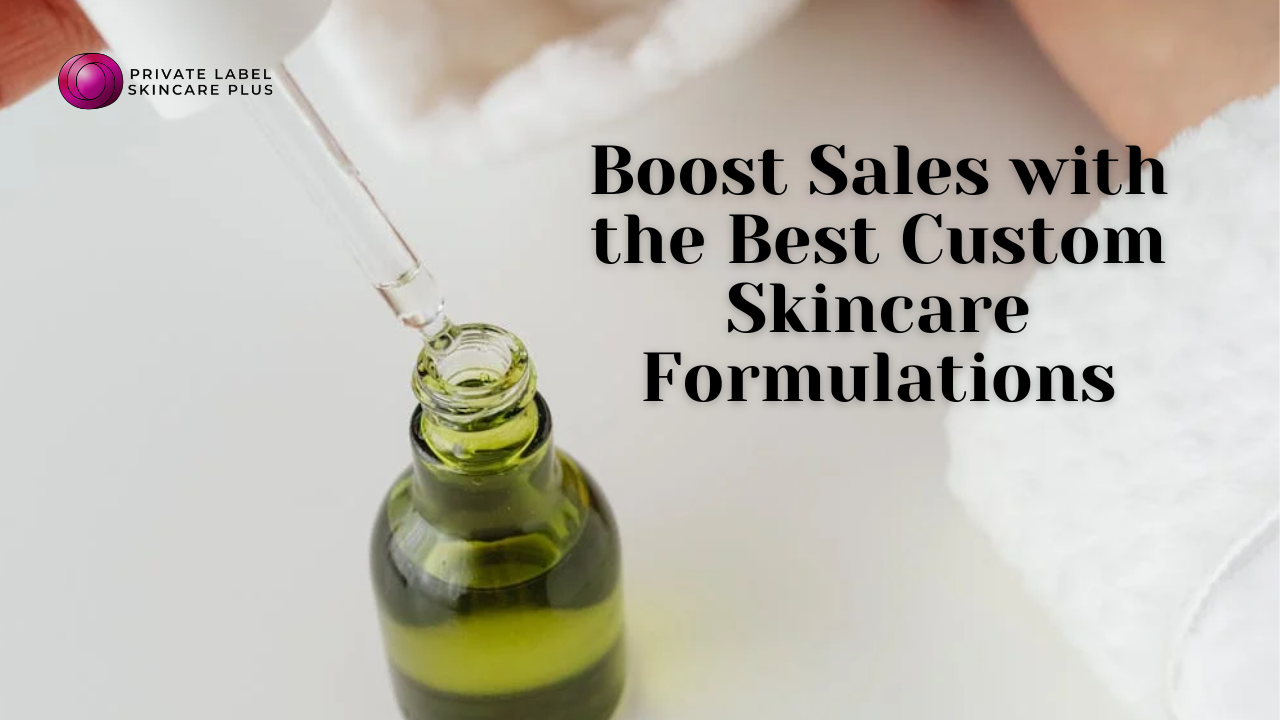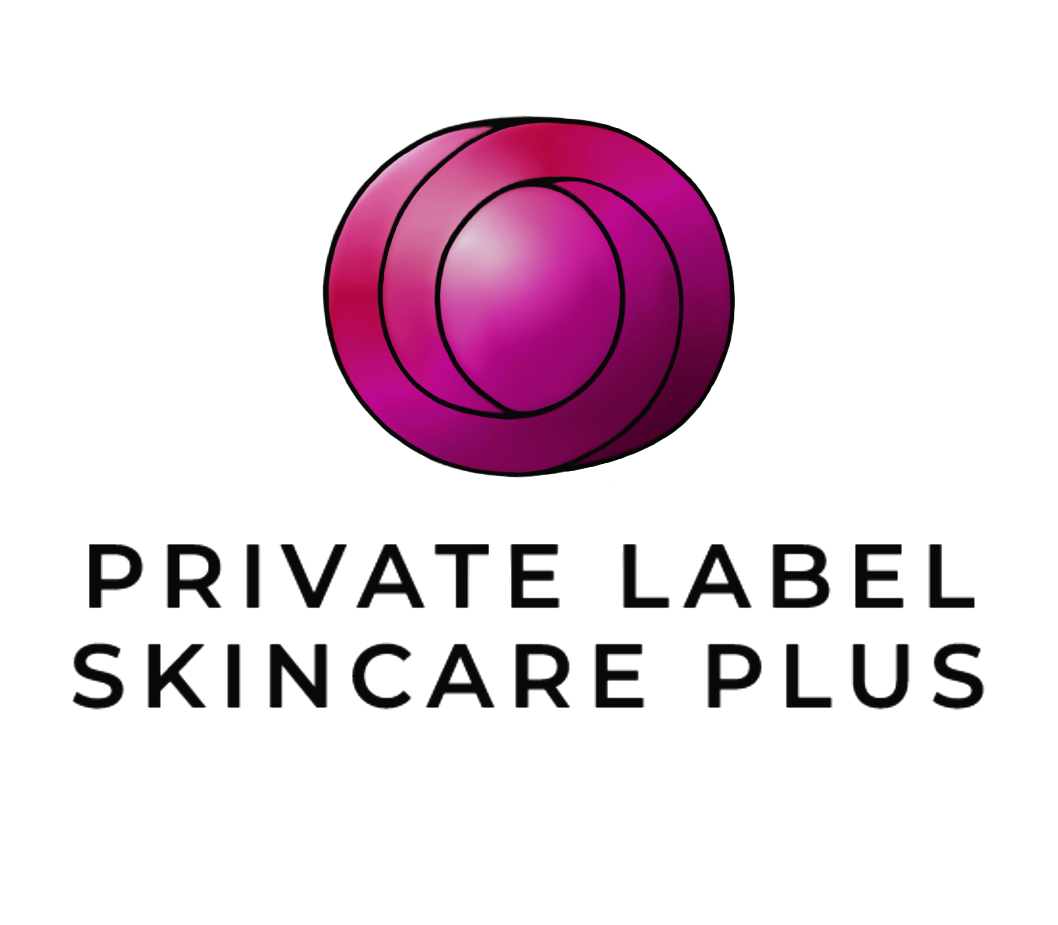In the competitive world of skincare, standing out requires innovation and personalization. Custom skincare formulations offer a unique solution, allowing brands to address specific consumer needs with tailored products. This article explores how custom formulations can boost sales by meeting individual skin concerns, differentiating your brand, and enhancing customer loyalty.
We’ll guide you through the essential steps of creating effective custom skincare products, from market research to ingredient selection and testing. Additionally, we’ll discuss key marketing and selling strategies to maximize your brand’s reach and impact. Discover how custom skincare can elevate your brand and drive business growth.
What is Custom Made formulation?
Custom skincare formulations are bespoke products tailored to meet the unique needs and preferences of individual consumers. Unlike mass-produced skincare items, these formulations consider specific skin types, conditions, and desired outcomes, using carefully selected ingredients to create personalized solutions.
In today’s market, the demand for personalized products is growing exponentially. Consumers are increasingly aware of their skin’s unique requirements and seek products that cater specifically to their needs.
Custom formulations offer a higher degree of efficacy and satisfaction, as they address individual skin concerns more precisely. For brands, this personalization can lead to increased customer loyalty, as users feel their specific needs are being met, fostering a stronger connection to the product and brand.
| Consumer Preferences: Modern consumers prioritize products that align with their personal values and needs. There is a growing preference for skincare products that are not only effective but also formulated with clean, natural, and sustainable ingredients.
Personalized skincare solutions resonate well with consumers looking for targeted treatments, resulting in higher satisfaction and trust in the brand. This trend underscores the importance of customization in meeting the evolving expectations of skincare consumers. |
Benefits of Custom Skincare Formulations
Custom skincare formulations are designed to meet the unique needs of each consumer, offering solutions tailored to specific skin issues. For example, individuals with acne-prone skin may benefit from formulations with salicylic acid and tea tree oil, which target acne-causing bacteria and inflammation.
Those with sensitive skin might prefer products with calming ingredients like chamomile and aloe vera, which soothe irritation and reduce redness. Custom formulations can also address concerns such as hyperpigmentation by incorporating ingredients like vitamin C and licorice extract to brighten and even out skin tone. By providing targeted solutions, custom skincare ensures higher efficacy and satisfaction compared to generic products.
Additionally, offering custom skincare formulations allows a brand to differentiate itself in a crowded market. Customization demonstrates a commitment to consumer satisfaction and innovation, setting the brand apart from competitors who offer one-size-fits-all products.

Steps to Create Effective Custom Skincare Formulations
Here are the main steps.
1. Market Research
Understanding Target Demographics: Successful custom skincare formulations begin with comprehensive market research. Understanding target demographics and their specific skincare needs is crucial.
For instance, younger consumers might seek products for acne control and prevention, while older demographics might prioritize anti-aging solutions. Conducting surveys, focus groups, and analyzing consumer reviews can provide valuable insights into these needs. Additionally, leveraging social media and online forums can help identify emerging trends and consumer preferences.
| Tips for Effective Market Research: Utilize a mix of qualitative and quantitative research methods. Surveys and questionnaires can gather large amounts of data quickly, while in-depth interviews and focus groups offer detailed insights. Analyze competitors to understand market gaps and opportunities. Use analytics tools to track consumer behavior and preferences online. |
2. Collaborating with Experts
Collaborating with experienced chemists and formulators is vital for developing effective and safe skincare products. These experts bring technical knowledge and industry experience, ensuring formulations are scientifically sound and innovative.
A private label manufacturer plays a critical role in the formulation process, providing expertise in ingredient sourcing, product development, and regulatory compliance. They offer a streamlined path from concept to market, handling production and quality assurance.
3. Ingredient Selection
The efficacy of custom skincare formulations hinges on selecting high-quality, effective ingredients. For example, hyaluronic acid is renowned for its hydrating properties, while retinol is celebrated for its anti-aging benefits.
| Popular Ingredients and Benefits: Vitamin C is popular for its brightening and antioxidant properties, niacinamide for reducing inflammation and acne, and peptides for promoting collagen production and skin repair. Tailoring these ingredients to individual skin types and concerns enhances product performance and consumer satisfaction. |
4. Testing and Quality Assurance
Rigorous testing is essential to ensure the safety and efficacy of custom skincare formulations. This includes stability testing to determine shelf life, microbial testing to ensure products are free from harmful bacteria, and dermatological testing to confirm skin compatibility.
On the other hand, conducting clinical trials provides scientific validation of product claims and ensures formulations deliver promised results. Consumer feedback is equally important; it helps refine products based on real-world use and enhances customer satisfaction by addressing any issues that arise.

Marketing and Selling Custom Skincare Products
Marketing and selling custom formulation products for the skincare industry requires the following.
Branding and Packaging
Attractive packaging and strong branding are critical in attracting and retaining customers. Packaging serves as the first point of contact with consumers, influencing their purchase decisions. Well-designed skicare packaging that reflects the product’s quality and brand ethos can create a lasting impression. Additionally, strong branding helps build recognition and trust, essential for customer loyalty.
| Tips on Creating a Compelling Brand Story: To create a compelling brand story, focus on authenticity and values. Highlight what sets your brand apart, such as commitment to natural ingredients, sustainability, or innovative formulations. Share the brand’s origin story, mission, and vision to create an emotional connection with consumers. Use consistent messaging across all platforms to reinforce brand identity. |
Digital Marketing Strategies
Effective Online Marketing Tactics: Digital marketing is crucial for reaching a broad audience. Social media campaigns can increase visibility and engagement, showcasing product benefits and customer testimonials. Partnering with influencers can lend credibility and expand reach to their followers. Email marketing is effective for personalized communication, offering promotions, and nurturing customer relationships.
| Importance of SEO and Content Marketing: SEO helps improve search engine rankings, making it easier for potential customers to find your products. Content marketing, through blogs, videos, and tutorials, educates consumers and establishes your brand as an authority in the skincare industry. High-quality content also drives organic traffic and enhances brand credibility. |
Retail and Distribution
Custom skincare products can be sold through multiple channels, including online stores, physical retail outlets, and direct-to-consumer (DTC) models. Online stores offer convenience and a broader reach, while physical retail provides a tactile experience for consumers. DTC models allow brands to build direct relationships with customers, gaining valuable insights into their preferences.
| Tips on Optimizing Distribution Strategies: To optimize distribution, consider a multi-channel approach to reach diverse customer segments. Ensure seamless integration between online and offline channels for a consistent brand experience. Utilize data analytics to track sales performance and adjust strategies accordingly. Efficient inventory management and a reliable supply chain are essential to meet consumer demand and maintain product availability. |

Wrapping Up
To boost your skincare brand’s sales and customer satisfaction, consider integrating custom skincare formulations into your product line. Leverage the expertise of a private label skincare manufacturer to develop and market these personalized solutions. For more information on how to get started, visit our website or contact our team directly. Let us help you create the perfect custom skincare products that will set your brand apart and drive success.


